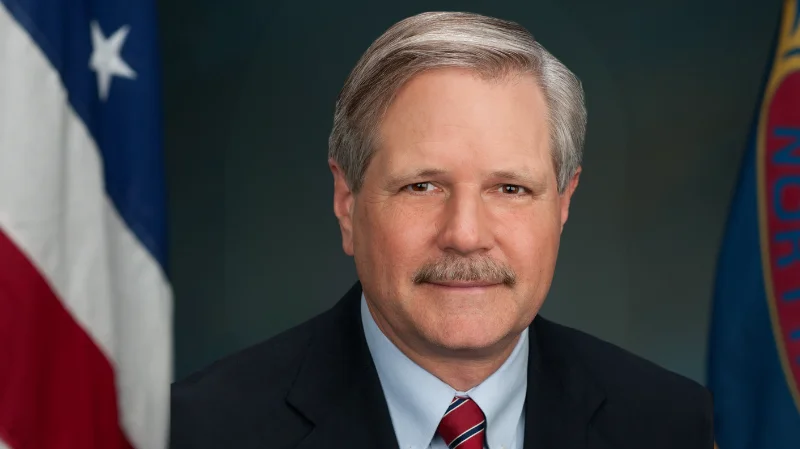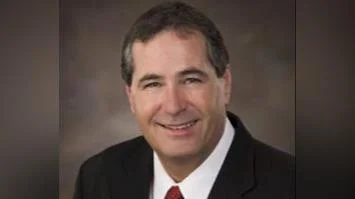Senator John Hoeven, U.S. Senator of North Dakota | Senator John Hoeven Official website
Senator John Hoeven, U.S. Senator of North Dakota | Senator John Hoeven Official website
The Senate Committee on Indian Affairs has approved the bipartisan Bridging Agency Data Gaps & Ensuring Safety (BADGES) for Native Communities Act, introduced by U.S. Senators John Hoeven (R-N.D.) and Catherine Cortez Masto (D-Nev.). The legislation aims to enhance resources for Bureau of Indian Affairs (BIA) law enforcement officers, improve federal missing persons resources, and provide Tribes and states with tools to combat violence.
"Securing committee approval of our legislation is an important step toward strengthening the resources available to Tribal law enforcement," said Senator Hoeven. "Our bill authorizes the BIA to conduct its own background check of law enforcement applicants, which empowers Tribes to meet their law enforcement staffing and infrastructure needs, enhances public safety and helps bring offenders to justice."
Senator Cortez Masto added, "I hear it often from Tribes in Nevada—law enforcement officers are stretched thin in their communities and it’s having an impact on everyone, especially when it comes to combating the epidemic of missing and murdered Indigenous women and girls. I’m proud of our bipartisan work to pass the BADGES for Native Communities Act through committee today. This bill to give Tribal police the resources and tools they need to fight crime and keep their communities safe is one step closer to becoming law."
The BADGES for Native Communities Act includes several key provisions:
- Authorizing the BIA to conduct its own background checks for law enforcement officer applicants.
- Increasing Tribal access to the National Missing and Unidentified Persons System (NamUs) by requiring ongoing outreach, serving as a point of contact for Tribes and law enforcement agencies, conducting training, and gathering information.
- Requiring a report on Tribal law enforcement needs including staffing, facility repairs, infrastructure capital for police and court facilities, and emergency communication technology.
- Establishing a grant program supporting states, Tribes, and Tribal organizations in coordinating efforts related to missing persons cases and sexual assault cases.
- Evaluating federal law enforcement evidence collection processes crucial for securing convictions against violent offenders.






 Alerts Sign-up
Alerts Sign-up